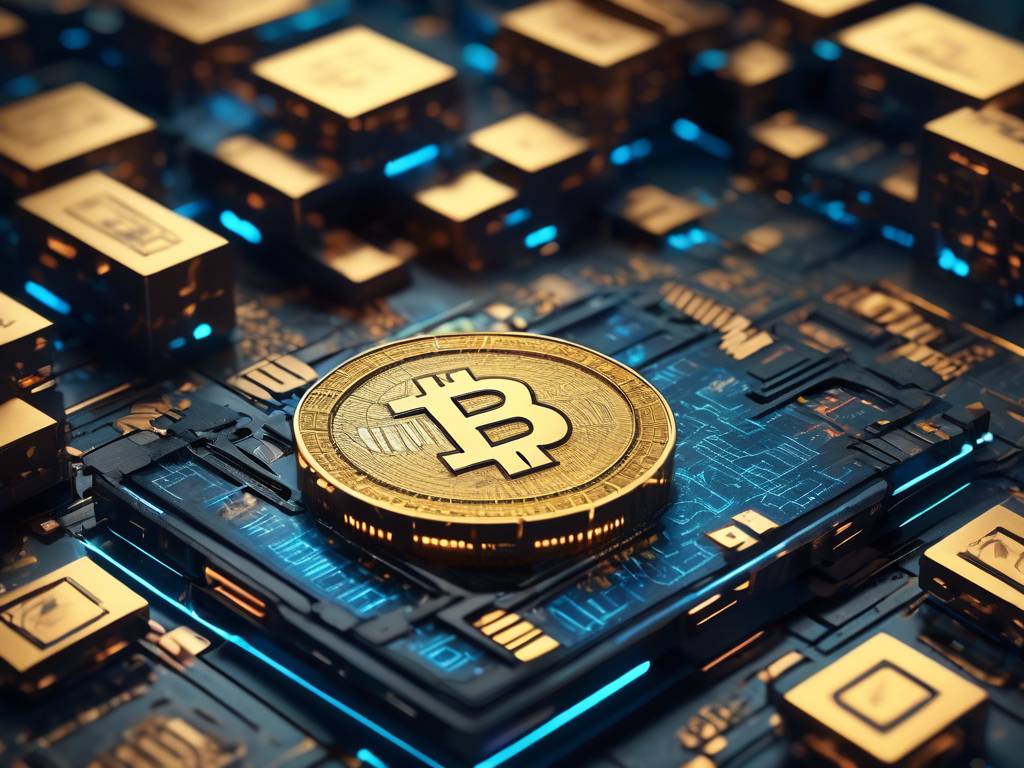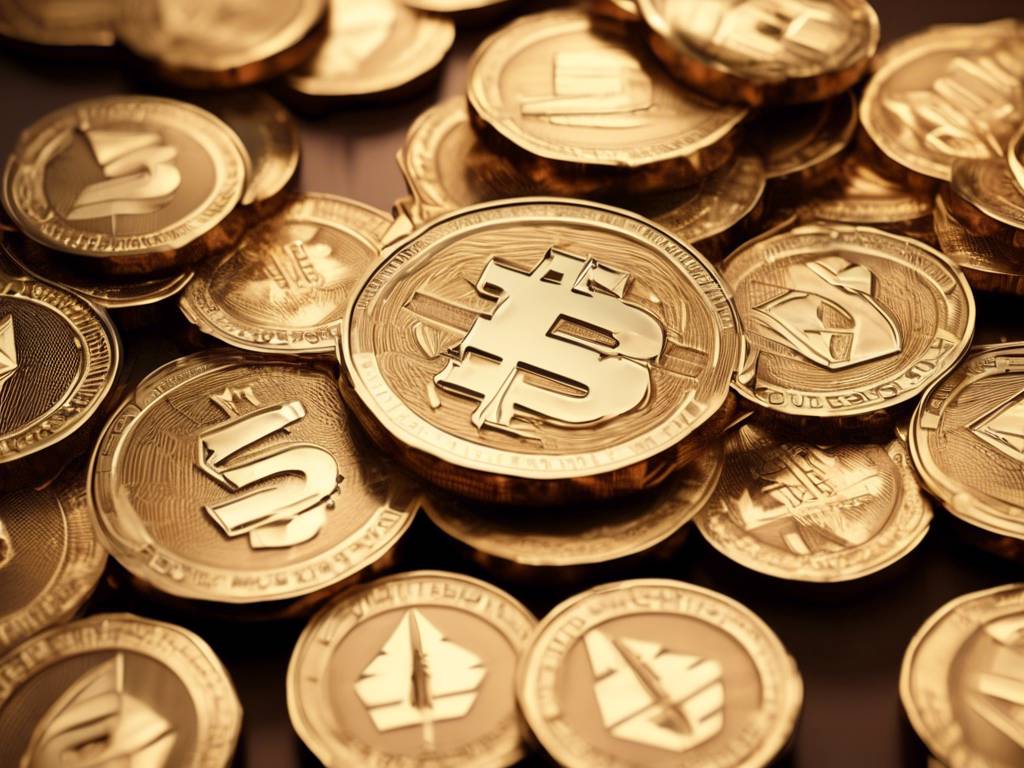Tokenizing the Real World: Bridging Finance and Blockchain 🌐
In today’s digital age, the worlds of finance and blockchain are increasingly intersecting. Tokenization has emerged as a powerful tool for bridging the gap between traditional finance and the decentralized world of cryptocurrencies. This innovative technology allows real-world assets to be represented as digital tokens on a blockchain, enabling new possibilities for liquidity, accessibility, and ownership.
The Rise of Tokenization in Finance 📈
Tokenization is revolutionizing the way we think about finance and investment. By converting assets into tokens, the barriers to entry for traditional investments are lowered, making it easier for individuals to participate in global markets. This democratization of finance has the potential to unlock trillions of dollars in untapped value and create new opportunities for investors of all sizes.
– **Increased Liquidity**: Tokenization allows assets to be traded 24/7 on a global scale, increasing liquidity and reducing the time and cost associated with traditional asset trading.
– Liquidity Pool Concept: This concept refers to a system where liquidity is pooled from multiple sources to provide more significant trading volume and lower slippage for all participants.
– **Fractional Ownership**: Tokenization enables fractional ownership of assets, making it possible for investors to own a percentage of high-value assets that were previously out of reach.
– Diversification: Tokenization allows investors to diversify their portfolios by investing in a wide range of assets, regardless of their size or value.
– **Automated Compliance**: Smart contracts can be programmed to enforce regulatory compliance, reducing the risk of fraud and ensuring that all transactions meet legal requirements.
– Regulatory Frameworks: Governments and regulatory bodies are working to establish clear guidelines for tokenization to protect investors and ensure market integrity.
The Potential Impact of Tokenization on Real-World Assets 💡
The tokenization of real-world assets has the potential to transform industries ranging from real estate and art to commodities and intellectual property. By digitizing physical assets and representing them as tokens on a blockchain, new markets can be created, and existing markets can be revolutionized.
– **Real Estate**: Fractional ownership of real estate properties can provide investors with exposure to the property market without the need for large capital investments, opening up new investment opportunities.
– Tokenized Real Estate Platforms: Platforms such as RealT and INX are leading the way in tokenizing real estate assets, making it easier for investors to access this market.
– **Art and Collectibles**: Tokenization allows art and collectibles to be divided into shares, giving investors the opportunity to own a piece of valuable artwork or rare collectible.
– Increased Accessibility: Tokenization makes art investment more accessible to a broader range of investors, democratizing the art market and increasing liquidity.
– **Commodities**: Tokenization of commodities such as gold, oil, and agricultural products can streamline trading processes, reduce transaction costs, and create new opportunities for investment.
– Fractional Ownership of Commodities: Investors can now own a fraction of a commodity, allowing them to diversify their portfolios and hedge against market volatility.
The Future of Tokenization in Finance and Beyond 🔮
As tokenization continues to gain momentum, the possibilities for its application are endless. From alternative investments and digital securities to supply chain management and decentralized finance, the potential impact of tokenization is far-reaching and transformative. By embracing this innovative technology, we can unlock new opportunities, empower investors, and reshape the future of finance.
– **Alternative Investments**: Tokenization opens up new avenues for alternative investments such as venture capital, private equity, and hedge funds, allowing individual investors to access previously inaccessible markets.
– Digital Securities Offerings: Companies are increasingly turning to tokenization to issue digital securities, creating a new asset class and streamlining the fundraising process.
– **Supply Chain Management**: By tokenizing supply chain assets, companies can track the movement of goods, verify authenticity, and reduce fraud through transparent and tamper-proof records.
– Traceability and Transparency: Tokenization enhances supply chain transparency by providing a secure and immutable record of transactions, helping to build trust with consumers.
– **Decentralized Finance (DeFi)**: Tokenization plays a crucial role in the growth of DeFi by enabling the creation of new financial products, such as decentralized exchanges, lending platforms, and stablecoins.
– Yield Farming and Staking: DeFi users can earn rewards by participating in yield farming and staking activities, leveraging tokenized assets to generate passive income.
Hot Take: Embracing Tokenization for a More Inclusive Financial Future 🚀
In conclusion, the intersection of finance and blockchain through tokenization is paving the way for a more inclusive and efficient financial system. By tokenizing real-world assets, we can unlock new opportunities, democratize access to investment markets, and create a more transparent and secure financial ecosystem. As we embrace the power of tokenization, we are shaping the future of finance and building a more inclusive and accessible financial landscape for all.





 By
By
 By
By

 By
By
